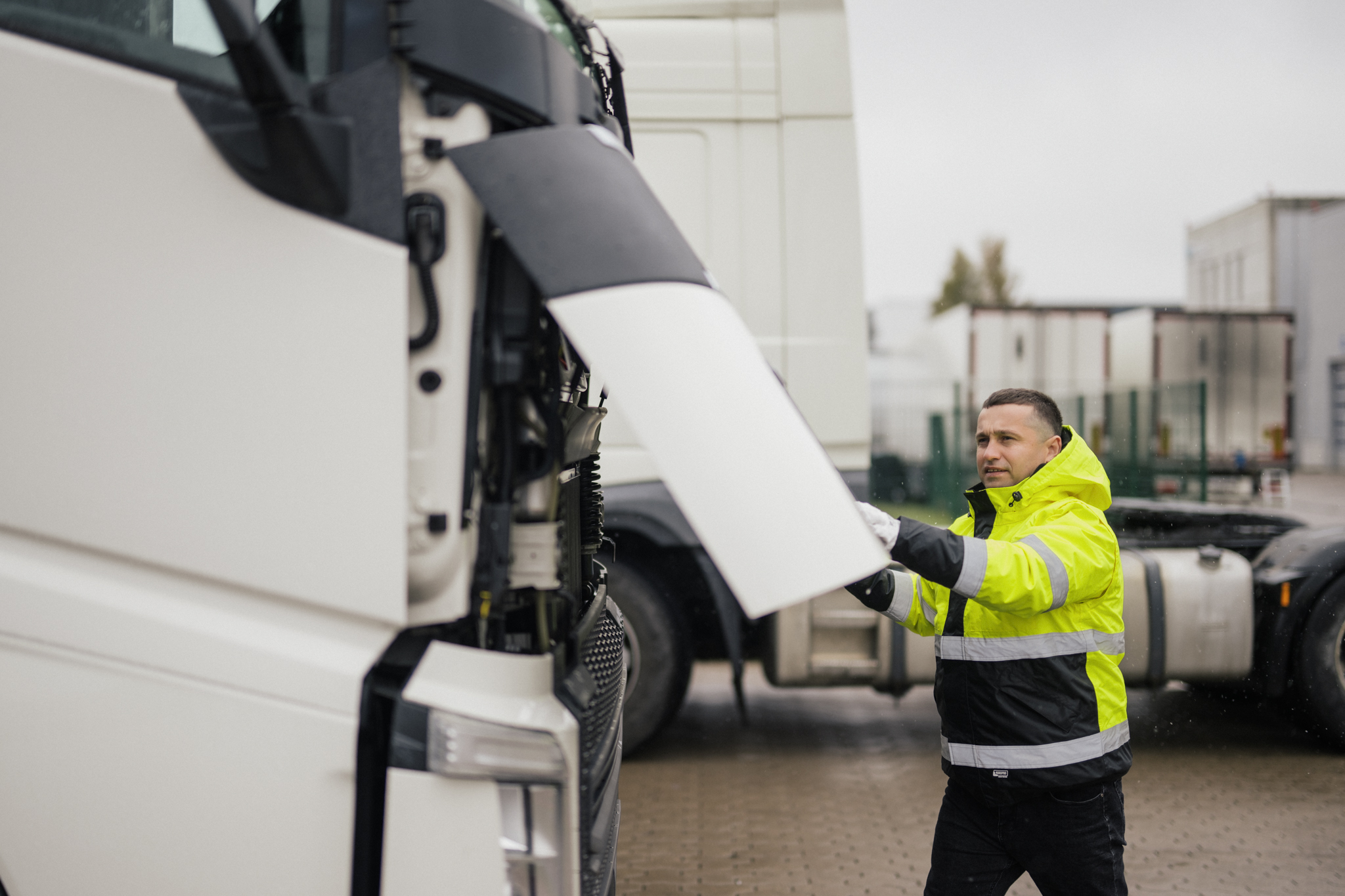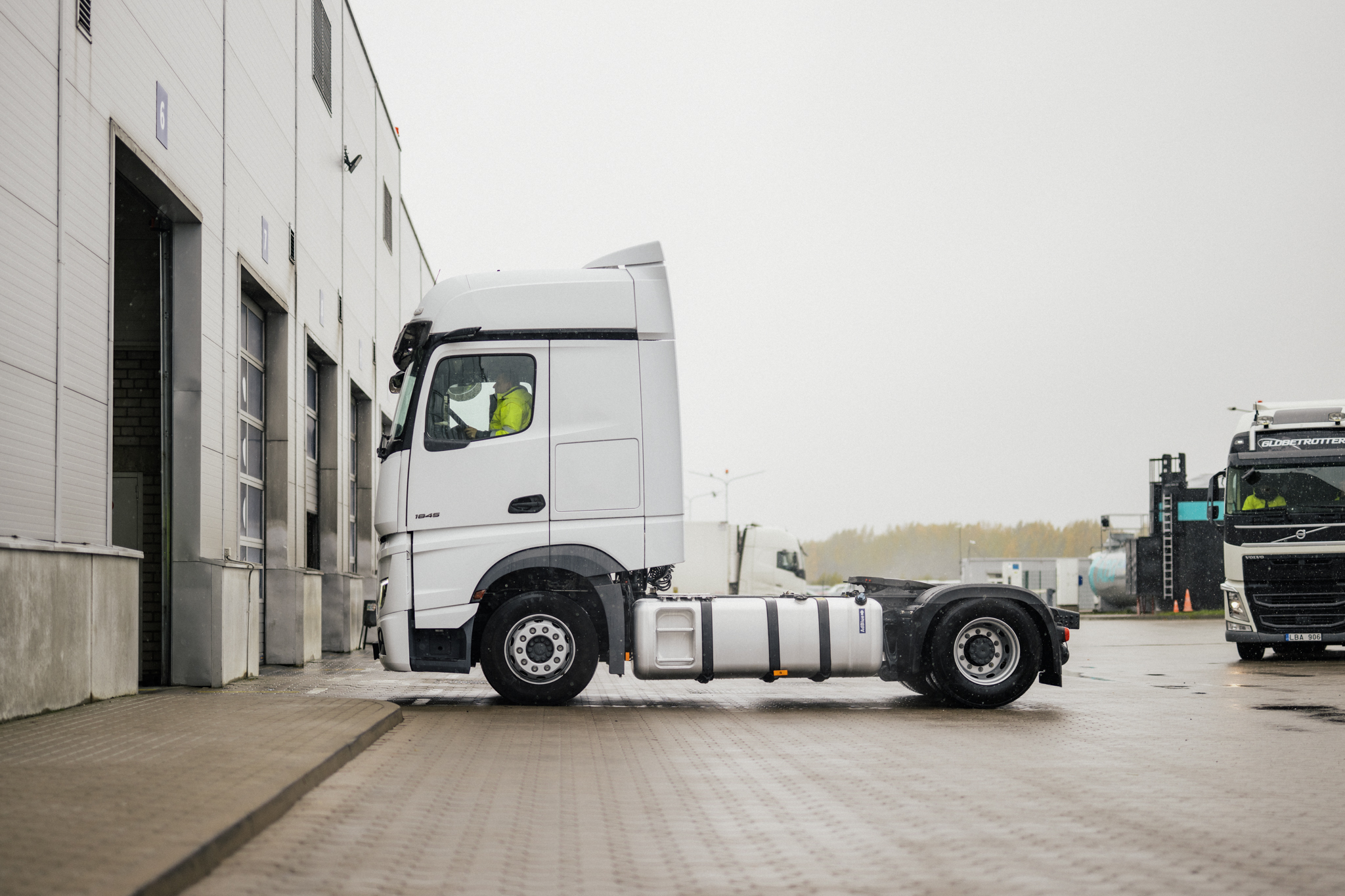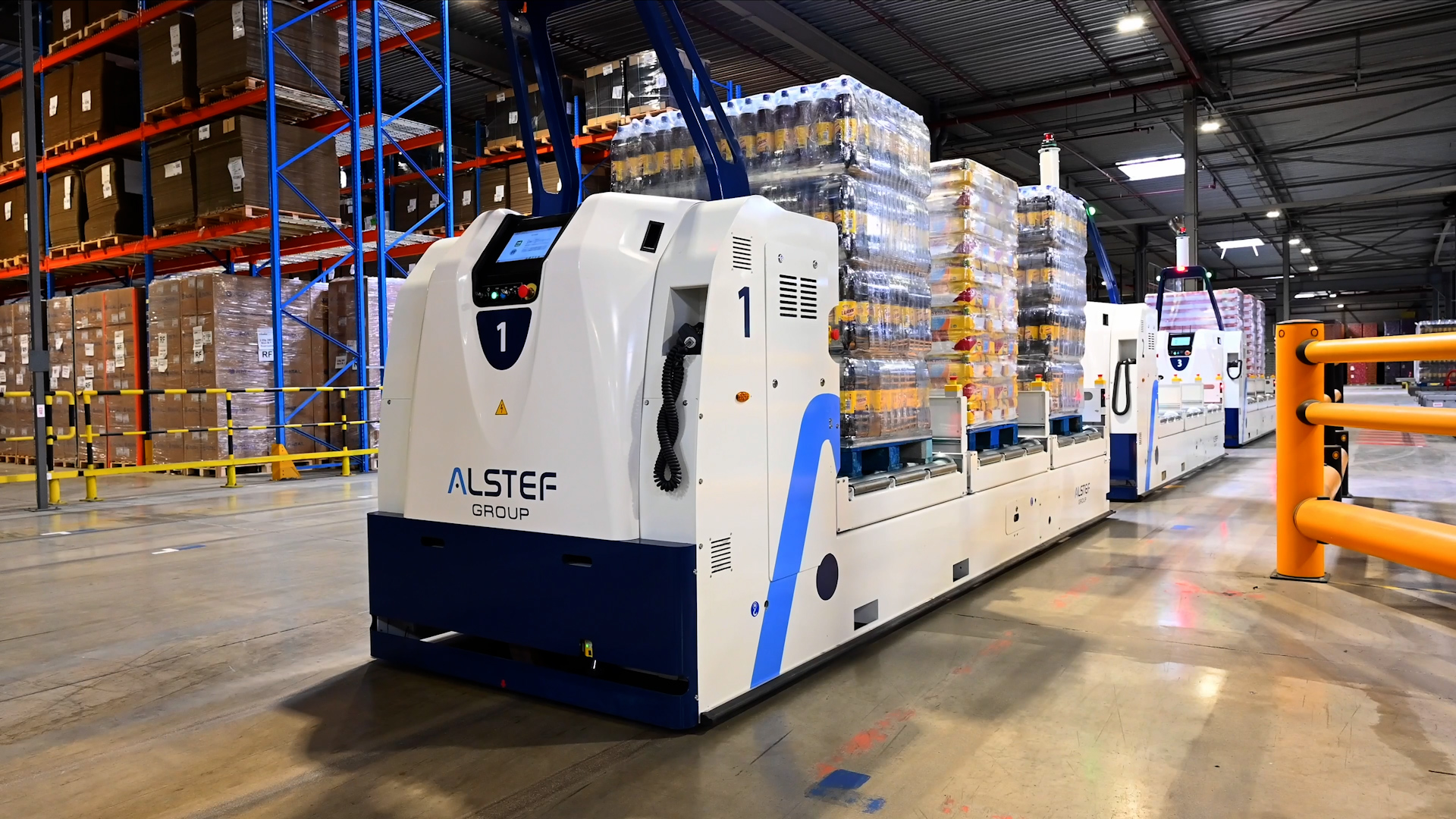As the demand for new trucks tends to outpace their supply in times of global supply chain disruptions, the second-hand truck market emerges as a vital alternative. To help buyers navigate this market, ClassTrucks, a company specializing in the maintenance and sales of used trucks and semi-trailers, provides expert advice on how to prepare trucks for resale and what buyers should focus on during vehicle inspection.
European Truck Market
Even though the new truck market saw a 16.3% increase in demand in 2023 compared to 2022, supply chain issues and rising production costs have made new trucks expensive and scarce. High costs and long delivery times due to supply chain disruptions have significantly impacted the availability of new vehicles. Additionally, increased raw material prices have further driven up costs, making new trucks less affordable for many potential buyers.
The recent situation in the road freight market, with excess capacity and a weakened demand for the transportation of goods, has also dissuaded logistics companies from buying new trucks to expand their fleets. Consequently, many businesses are now exploring the second-hand truck market, which offers cost-effective and immediate options.
Documentation is Key
To ensure the buyer’s satisfaction and operational safety, it is imperative that second-hand trucks meet high standards of quality and reliability. Thorough preparation and inspection of the vehicle is therefore essential to secure substantial return on investment.
This involves several critical steps, including checking the body, chassis, engine, electrical systems, and any other items, according to the manufacturer’s guidelines and warranties.
Verifying that all documentation and servicing records are complete, consistent and issued by authorised institutions is essential. Sellers must collect and provide the buyer with a complete service history, including repair receipts.
“Proper official documentation should also include’ a technical inspection certificate, insurance policy, tachograph inspection certificate, registration certificate, and a COC (Certificate of Conformity) that ensures the vehicle meets the European Union’s (EU) technical requirements,” says Simas Erslavas, Transport Fleet Manager at ClassTrucks.

Checklist for Buyers
When purchasing a second-hand truck, buyers should be able to evaluate the vehicle’s s reliability, performance, and legal compliance. Here are the key areas to focus on:
• Mechanical and Structural Integrity:
• Check the engine, transmission, brakes, and suspension for wear or damage.
• Inspect for rust, structural issues, and previous repairs.
• Use a comprehensive checklist to cover all critical aspects and reduce risks.
• Operational Efficiency:
• Evaluate fuel consumption and emissions compliance.
• Test drive to assess handling, comfort, and performance under various conditions.
• Compliance and Certification:
• Ensure the presence of a technical inspection certificate, insurance policy, tachograph inspection certificate, registration certificate, and COC certificate.
• Verify that all documentation is up-to-date to guarantee legal compliance.
By following these guidelines, buyers can make informed decisions and select high-quality, reliable second-hand trucks. Proper inspections and verifications ensure that the purchased truck meets the necessary standards and operational requirements.
Ensuring Quality and Reliability
While checking the quality of a truck, it is suggested to use authorized diagnostic systems to evaluate engines and other critical components, ensuring they meet operational standards. Regular maintenance and repairs should also be logged and verified.
“The interior condition of a truck significantly impacts driver comfort and functionality. Properly fixed interior panels and replaced storage compartments can bring additional value to drivers. And if the preparation of the truck involves a full chemical cleaning of the interior to eliminate unpleasant odours and ensure cleanliness, we can be reassured that we are purchasing the highest quality truck,” explains Erslavas.
Technological upgrades in the cabin, such as driver-assist systems and safety features, are becoming more and more important for buyers. Customers are choosing vehicles equipped with safety systems like electronic driver assistants more often.
As a potential buyer, you need to know that all repair work, whether performed during operation or the preparation for sale, was logged in and archived. This detailed record-keeping ensures transparency and provides buyers with a complete service history.
ClassTrucks performs rigorous pre-sale preparation and testing of vehicles to ensure a seamless handover to the buyer. The quality and reliability of a truck for sale is ensured through a 67-point in-depth technical inspection authorized by the manufacturer.
Additionally, the trucks operated by ClassTrucks (part of Girteka Group) have a clear single ownership and full-service history, with all the necessary technical documentation provided to the buyer to establish pre-sale value. By following expert recommendations, buyers can confidently navigate the second-hand truck market, securing reliable vehicles. Ensuring each truck undergoes rigorous preparation, thorough inspections, and proper documentation is key to meeting quality standards. This approach helps buyers make informed decisions and maximize their return on investment.
read more








